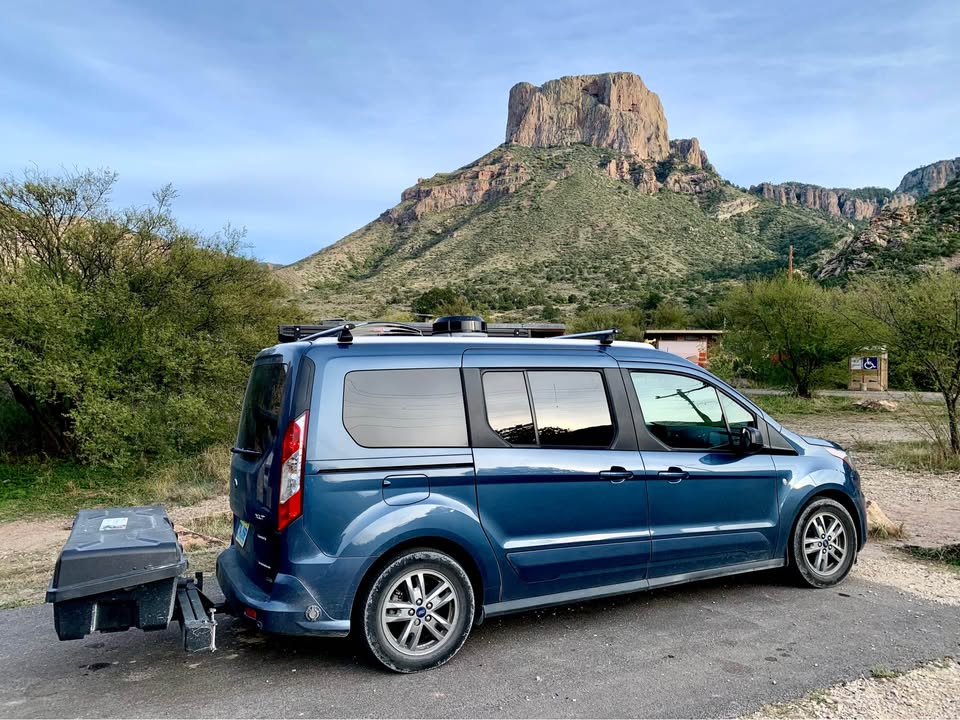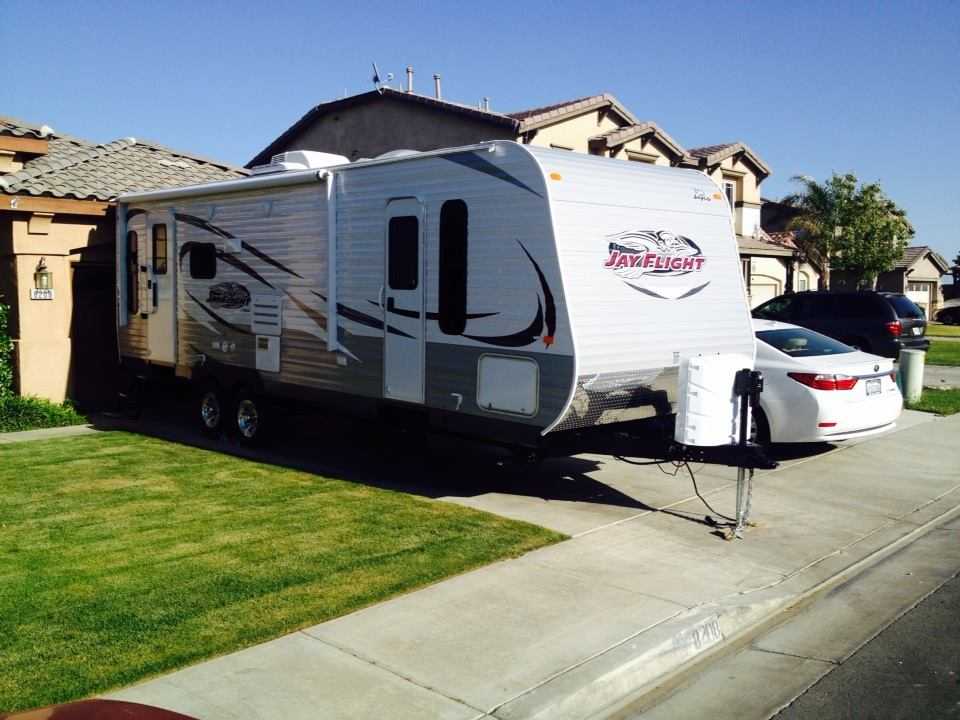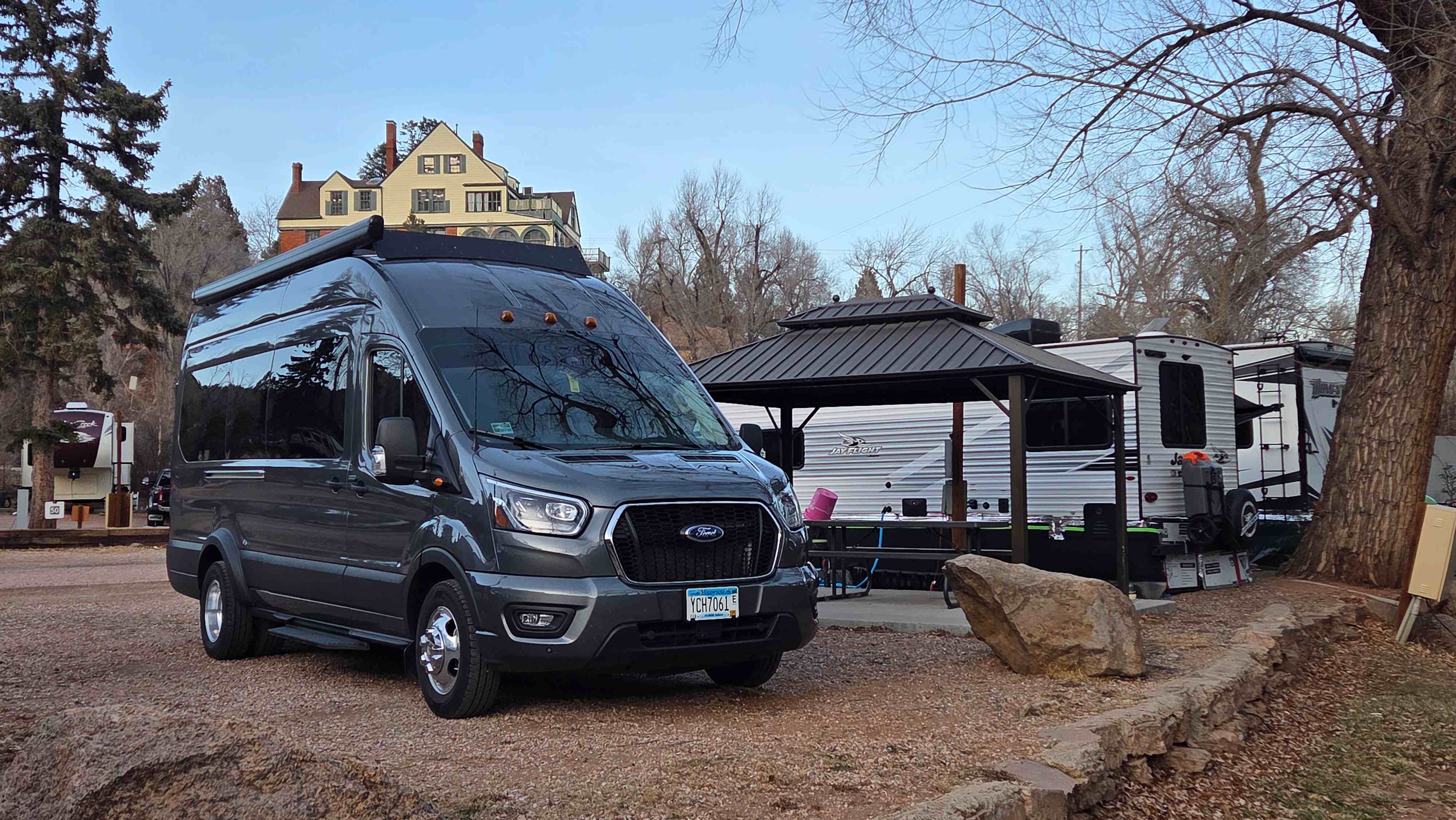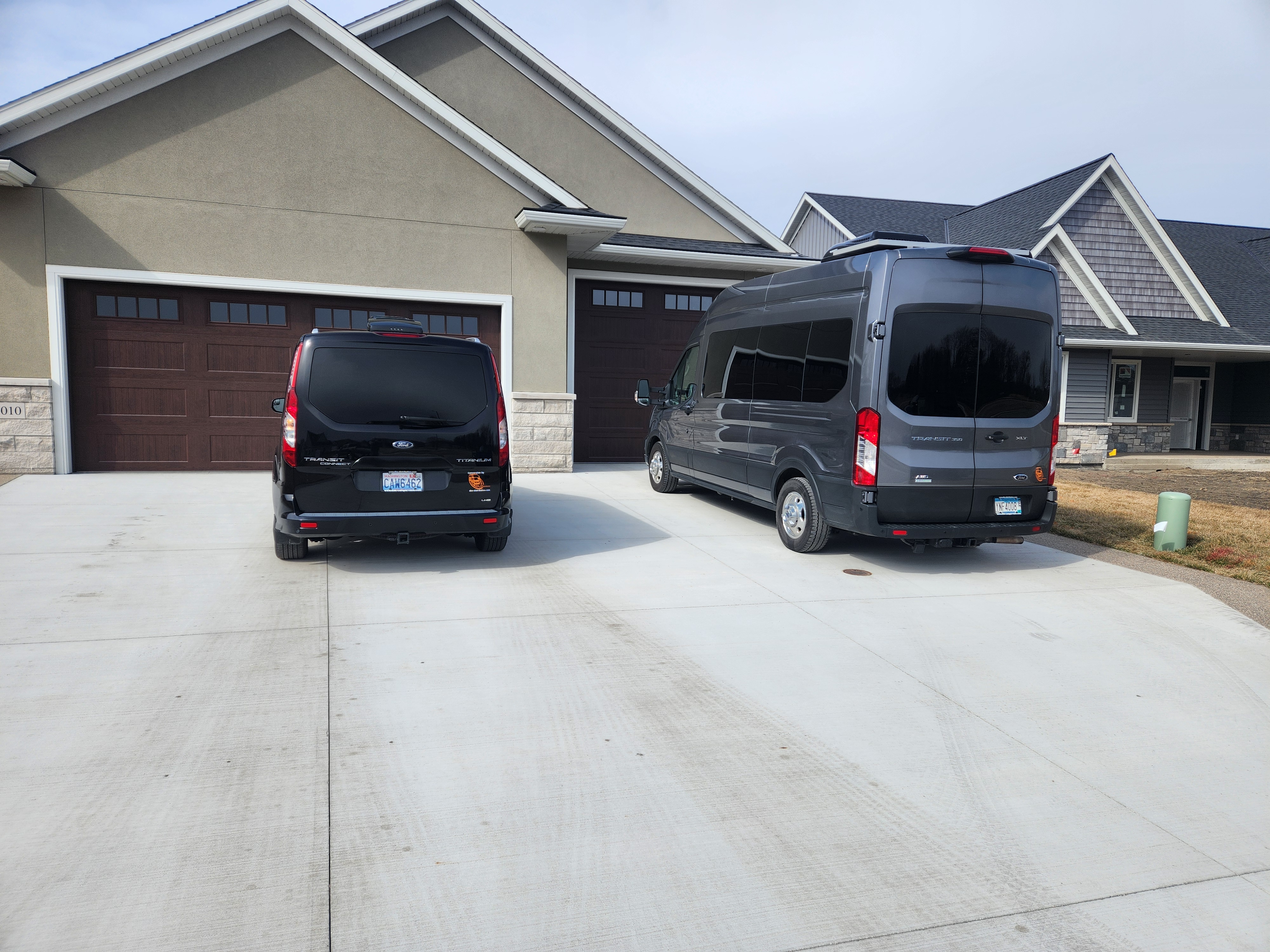NEWS
Buying an RV is one of the most exciting lifestyle decisions you can make. It opens the door to road trips, national parks, family visits, weekend escapes, and long-distance touring. But not all RVs fit every lifestyle, driveway, budget, or travel style. The right choice brings years of enjoyment. The wrong one can bring storage problems, high costs, and frustration.
Whether you’re considering a large motorhome, a travel trailer, or a compact Class B campervan, understanding the full ownership picture is essential. These are the most important factors to think through before signing any paperwork.

Take Time to Research Before You Buy
An RV is not an impulse purchase. Different classes of RVs serve very different purposes. Class A motorhomes offer residential comfort. Travel trailers provide flexibility for campground stays. Class B campervans focus on mobility, efficiency, and daily usability.
Spend time visiting dealers, touring units, reading owner reviews, and comparing layouts. The more time you invest upfront, the more confident you’ll feel when choosing the right platform for your needs.
Look Beyond the Sticker Price
The purchase price is only part of the cost of ownership. Larger RVs often require expensive insurance, storage, specialized service centers, and higher fuel consumption. A lower purchase price may come with higher long-term expenses.
Focus on total ownership cost, including fuel, maintenance, insurance, storage, and resale value. A well-designed RV with efficient operation can save thousands of dollars over time.

Understand Maintenance and Service Access
Some RVs require specialized shops for basic service. Others use commercial-grade components that are widely available nationwide. The simpler the systems and the more common the platform, the easier ownership becomes.
If you plan to travel long distances, access to nationwide service centers becomes especially important. Mainstream automotive platforms often provide easier long-term support.

Plan for Where You Will Store It
Storage is one of the most overlooked costs in RV ownership. Many neighborhoods and HOAs restrict driveway parking for large RVs. Storage lots can cost hundreds or even thousands of dollars per year.
Smaller RVs and Class B campervans that fit in a standard garage eliminate storage costs entirely and allow easy access anytime you want to travel.

Consider Size and Driving Comfort
Large RVs offer space, but they require more attention on the road. Narrow mountain roads, city traffic, parking lots, and fuel stations become more complicated with longer and taller rigs.
Compact motorhomes and campervans offer a driving experience closer to a normal vehicle. If you plan to visit national parks, small towns, and scenic highways, size matters more than floorplan.
Think About Fuel Economy
Fuel is a major expense over time. Large motorhomes often average between 8–14 MPG. Smaller Class B RVs and campervans typically achieve much higher efficiency, making long trips far more affordable.
Better fuel economy means more freedom to explore without constantly worrying about fuel costs.
Get Insurance Quotes in Advance
Insurance varies significantly between RV classes. Large motorhomes are often insured as specialty RVs, while some campervans qualify for standard auto insurance depending on registration and usage.
Knowing insurance costs before purchase avoids surprises later.
Look at Resale Value
Some RVs depreciate quickly. Others retain value well due to practicality, size, and demand. Garageable campervans and compact Class B motorhomes tend to attract a broad buyer base and sell more easily on the secondary market.
A well-chosen RV should protect your investment, not drain it.
Avoid Buying More RV Than You Need
Bigger is not always better. Large RVs can limit campsite access, require special parking, and reduce spontaneity. Many owners find that a compact RV better matches how they actually travel.
Smaller RVs allow access to more campgrounds, scenic pull-offs, city parking, and overnight stops.
Choose an RV That Fits Your Real Lifestyle
Think about how you will actually use your RV. Weekend trips, national park touring, visiting family, seasonal travel, or extended road trips all require different priorities.
Some people want residential comfort. Others want mobility, simplicity, and daily usability. Matching the RV to your lifestyle is the most important decision of all.
Final Thoughts
Buying an RV is not just a purchase. It is a long-term lifestyle choice. The best RV is the one that fits where you live, how you drive, how often you travel, and how much complexity you want to manage.
By thinking through storage, maintenance, fuel economy, size, insurance, resale, and everyday usability, you can choose a motorhome or campervan that delivers years of freedom instead of frustration.
A well-chosen RV turns every open road into an opportunity.
Ready to Shop?
Explore our current Mini-T Campervan inventory if you are looking for a Class B Campervan
Happy travels!
DLM-Distribution / Campervans is a licensed manufacture and dealer located in Lake Crystal Minnesota serving clients around the country
Contact Dave: 651-285-7089 or Candy: 507-382-9446 today!

